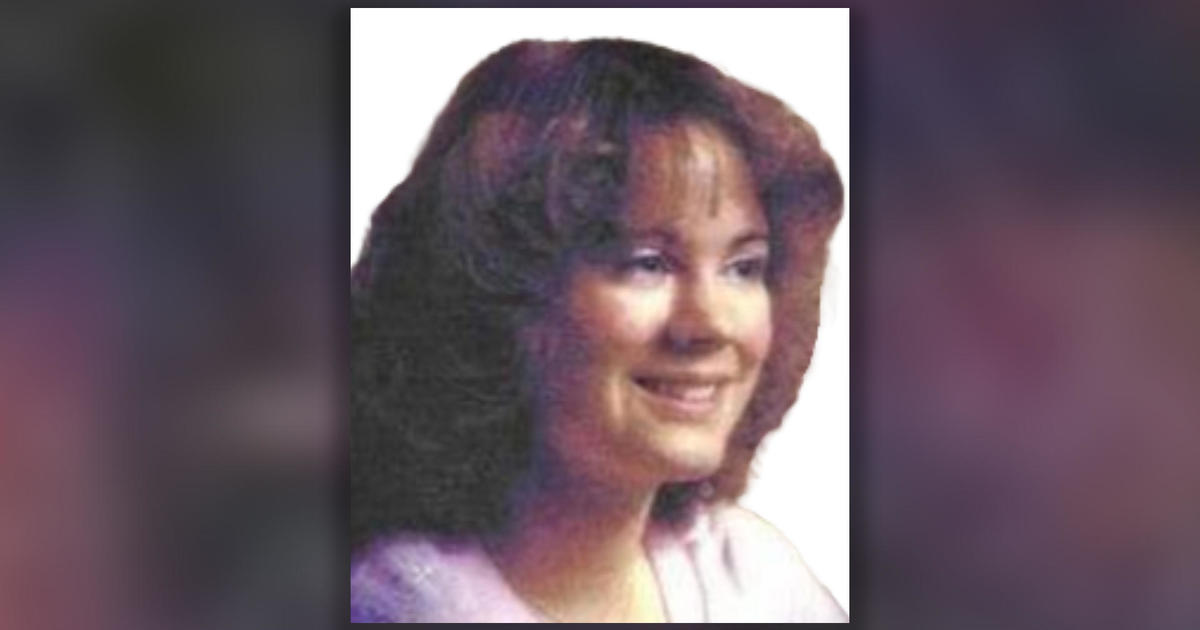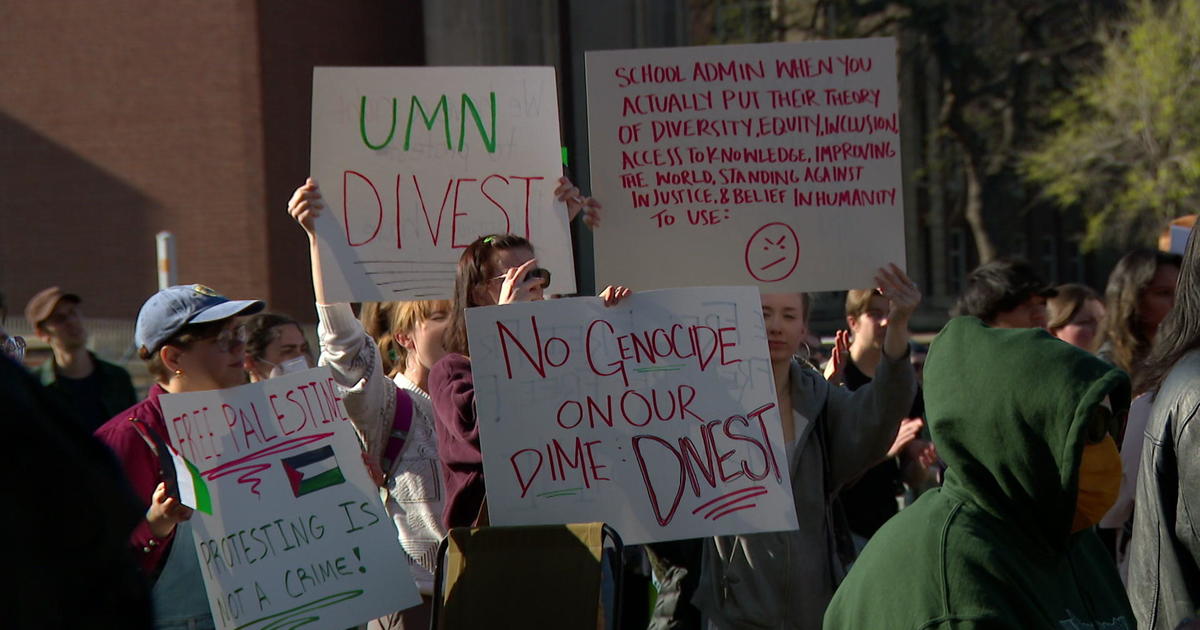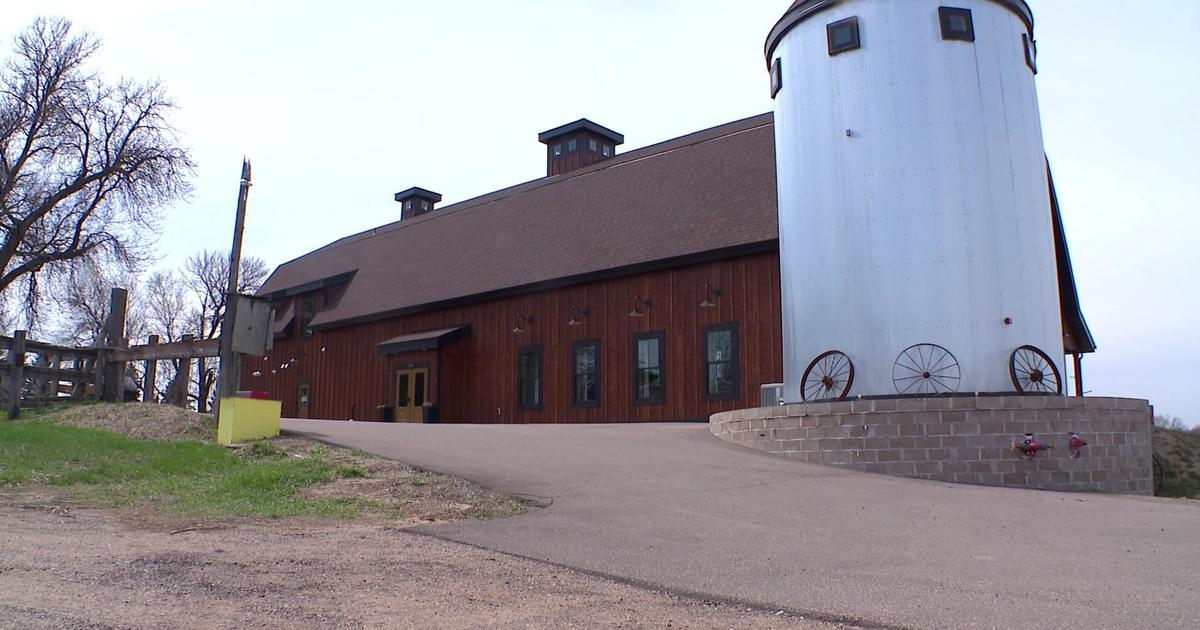Minneapolis 911 Operators Call For Change
MINNEAPOLIS (WCCO) -- For some people, it could be the most important phone call they will ever make but in a WCCO investigation, some 911 operators and dispatchers in Minneapolis said they're in the middle of an emergency of their own.
Some operators and dispatchers said a new way of doing business is creating big holes and when we went undercover, we discovered some calls to 911 went unanswered for minutes at a time.
When the call is made, success is measured in seconds.
When Jacqueline Delmain dialed in December, it's a stopwatch that never even started.
"I thought it was just a given. You call 911 and 911 answers," Delmain said.
Outside her north Minneapolis window, she saw a man dying in the street. When she called 911, the phone rang for 90 seconds without an answer before she hung up.
"I never thought it was possible for them not to answer," Delmain said. "It makes me feel really vulnerable."
It was a man lurking in a southeast Minneapolis backyard that had a homeowner named Andrea calling for help.
"I saw that he had a crowbar and he was actively trying to break into our garage," Andrea said.
On hold for more than four minutes with 911, she could only watch as the burglar got away with her snowblower.
"It was just really scary all around," Andrea said.
A WCCO investigation found a new training program could be to blame.
A 911 dispatcher for 30 years, Robin Jones felt compelled to come forward -- convinced what's happening is dangerous.
"These are things people should know about so they can make changes," Jones said. "To be down to that type of staffing is frightening. It's frightening for us and frightening for our citizens."
Serving nearly 400,000 people, Minneapolis sometimes takes more than 2,000 911 calls a day, dispatching for all police, fire and ambulance calls.
But, WCCO found that there are times when only one operator will be on the floor to answer calls and if no dispatchers are available, the calls that continue to come in go into a hold queue, where an automated message urges callers to stay on the line.
There are 15 911 lines in Minneapolis and six overflow lines.
A dull tone reminds operators those people with potential emergencies are still waiting.
"If they get caught up on a call where they have to stay on the line, they're not going to be able to answer those calls," Jones said.
WCCO went undercover on two different overnight shifts and just before 4 a.m. one morning, we listened as that hold tone went off for more than eight minutes.
"We have to make a judgment decision on whether we're going to hang up on this person on a critical call or we're going to answer the person on the other line who might need help just as much or more," Jones said.
Right now if you call 911 in Minneapolis an operator answers. If it's a call that needs police or fire to respond, a dispatcher sends the crew. In the past, those have been separate positions. But by 2017 the city wants everyone trained to do both, so they can work either job.
Some employees said the problems began when they started cross-training, creating holes that management seems to be struggling to fill.
To close gaps, employees must sign up for overtime, asked to fill nearly 550 hours alone in January.
WCCO obtained weeks' worth of staffing levels. For several hours at a time during overnight shifts, we found the communications center running below staffing minimums.
But when we took what we found to the Director of Emergency Communications, Heather Hunt, she told us not to read too much into the numbers.
"They are two less and what we've determined is because the activity levels are low at that hour of the day they're calling and our staffing follows that," Hunt said.
Hunt wouldn't talk specifics about the accusations that cross-training is causing a staffing shortage. She said she can't because of an ongoing dispute dispatchers and operators have with their union.
But, in an internal e-mail last month, Hunt did acknowledge workers weren't meeting call-time goals "due to all the hiring and training." In 2011, operators took an average of six seconds to answer a call. Last year, it was up to 10.43 seconds.
It's a response time that doesn't meet the national standard of 90 percent of calls being answered in 10 seconds or less. Hunt said so far this year calls are being answered within seven seconds.
When we asked about that eight-minute hold queue we captured, she didn't seem concerned and said the public shouldn't be either.
"That doesn't mean calls are going unanswered for that period of time," Hunt said.
It does though mean some combination of calls are coming in that aren't be answered right away.
Hunt said overtime hours will be cut in half next month since more employees will be up to speed. Still, she doesn't plan to add any more operators to those overnight shifts.
"They're dedicated employees and change is hard," Hunt said. "I have a duty to bring the best possible service levels with some measure of efficiency and the job I've been hired to do."
Jones is worried what happens if something doesn't change.
"Somebody's going to need help and they're not going to get it," Jones said.
On another shift we sat in on, we watched as sometimes operators would scramble back from a break. In one case, one operator took a bathroom break leaving two people to answer phones. When she got back they were both on calls, and a frantic woman at a pay phone was waiting.
Her boyfriend had repeatedly beat her. It took the operator 15 seconds to answer. So long, the woman almost hung up.
Months later, Andrea is still grateful that man never made his way into her house that day.
"We need to be able to rely on them and we can't. The system's broken," Andrea said.
After what happened to her, Delmain doesn't want to ever dial again.
"Thankfully, I haven't had to. I hope not to have to but I'll be nervous. I hope it's not my family next time that needs it," Delmain said.
We compared staffing numbers to cities of similar size and found some differences. A communications supervisor in Omaha told WCCO there will always be at least three operators available to answer phones overnight and that includes covering break times. But, it's important to point out that call centers don't base staffing on population but on call volume statistics.
Again, the city said its demand-based staffing is working. As part of our investigation, we also found that this integrated system is quite common across the country.



